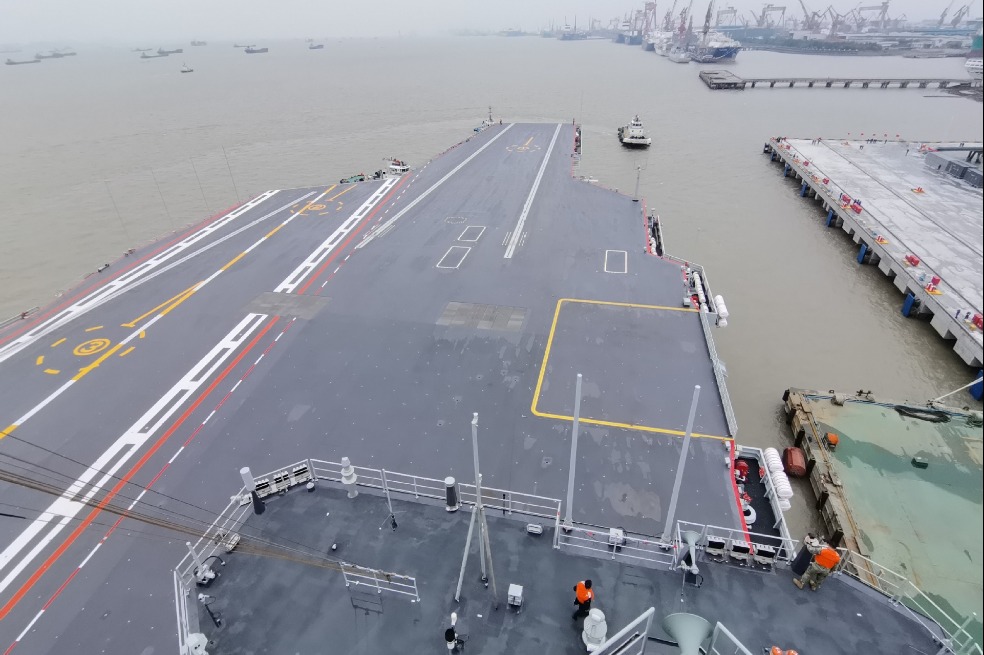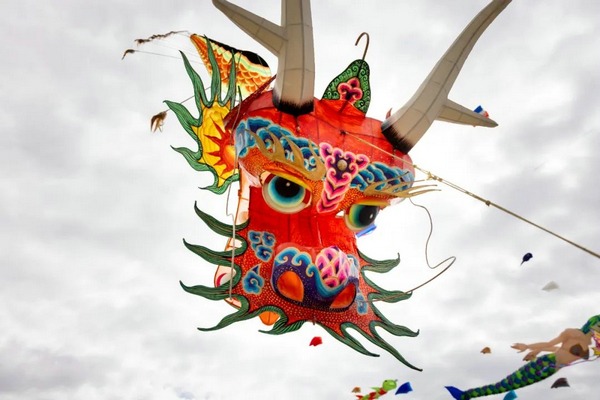How the Belt and Road gives rise to a more inclusive world
Xinhua | Updated: 2023-10-17 09:15

In the autumn of 2013, China proposed the Belt and Road Initiative (BRI), igniting the imaginations of many by rekindling the spirit of the two-millennia-old ancient Silk Road.
Ten years on, the initiative has evolved from a vision into reality through the collaborative efforts of all participating nations, becoming a widely-appreciated public good and a global driver of inclusive growth.
Over the past few decades, the global economy has contended with insufficient inclusivity, imbalances, and increasing wealth inequality. While some countries and regions have made notable strides economically and socially, other parts of the world have grappled with persistent poverty, inequality and developmental obstacles.
A decade ago, and with its strong focus on inclusive growth, the BRI offered the world a timely and practical solution infused with Chinese wisdom to address these very challenges.
As Chinese President Xi Jinping has said, no country or nation should be left behind on the road to the well-being of all humankind. All countries and nations are equally entitled to development opportunities and rights to development.
What exactly is the initiative? Consider it a public road open to all, not a private path owned by one party. All interested countries are welcome aboard to participate and share in its benefits.
As Xi has said, the BRI may be China's idea, but its opportunities and outcomes are going to benefit the world.
By June 2023, China had signed more than 200 BRI cooperation agreements with over 150 countries and 30 international organizations across five continents.
Contrary to protecting the narrow interests of a group of countries that divide the world, China's endeavor to promote multilateralism via the BRI helps create a harmonious world, Kostas Gouliamos, former rector of European University Cyprus, once argued.
The BRI has offered more countries a greater say in the global economy.
From 2013 to 2022, the cumulative value of imports and exports between China and BRI partner countries was $19.1 trillion dollars, with an average annual growth rate of 6.4 percent.
Furthermore, the BRI embodies equitable development, striving to assist countries in overcoming poverty and ushering in an era of development.
Looking back over the past decade, the BRI has addressed the significant bottlenecks restricting connectivity and economic growth in most developing countries by constructing essential railway, highway, pipeline, shipping, energy and communications infrastructure.
From the China-Laos Railway that transformed landlocked Laos into a land-linked hub to Kenya's Mombasa-Nairobi Railway contributing 2 percent to the African nation's economic growth, notable impactful projects have effectively reduced the cost for countries to participate in international trade, increased access to the global economy and stimulated development.
The ultimate goal of the pursuit of economic growth, development and prosperity is to enhance living standards. To ensure the benefits of cooperation are as widely available as possible, the Belt and Road cooperation focuses on food safety, poverty alleviation and job creation.
China, a country that has won the historical battle against extreme poverty, has strengthened poverty reduction efforts in BRI countries through agricultural cooperation, expertise and technology transfer.
Additionally, industrial collaboration and job creation through Belt and Road cooperation improve local employment and alleviate poverty. Data from a McKinsey survey revealed that Chinese firms in Africa recruited 89 percent of their employees locally.
"I acknowledge that my story and dreams would be irrelevant, were it not for the BRI, which has truly opened doors for my career," Mirriam Gakii Kirimi, a young woman who currently works as a translator for Guangxi Hydroelectric Construction Bureau under the China Energy International Group which has undertaken road and dam projects in Kenya, told Xinhua.
The BRI's core principles of "extensive consultation, joint contribution, and shared benefits" have become recognized globally, with reference in important documents from international organizations and international bodies like the United Nations and the Forum on China-Africa Cooperation.
As a 21st-century, long-term, transnational and systematic global project, the BRI has succeeded in taking its first step on a long journey. Setting out from this new starting point, the BRI will demonstrate greater creativity and vitality, become more open and inclusive, and generate new opportunities for both China and the rest of the world.
























